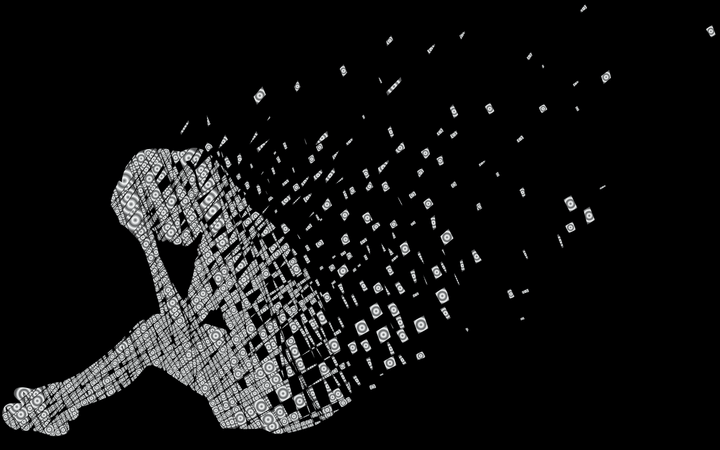Difference Between Postpartum Depression And Baby Blues!
There are many reasons why you may get depressed. As a woman, your body undergoes many hormonal changes during and after pregnancy. When a woman is pregnant, her body produces the female hormones estrogen and progesterone in much greater amounts. But in the first 24 hours after childbirth, these hormone levels drop rapidly back down to their non‐pregnant levels. These hormone changes may lead to depression in a similar way that menstrual hormone changes can trigger similar symptoms during and after your period.
In some women, another possible cause of these symptoms following pregnancy is a drop in thyroid hormones
Combine these changes in your body with the dramatic changes in your life—the normal feelings of being overwhelmed with new responsibilities, pressures to be a "great" mom, a sense of loss regarding the life you had before—and you can be at risk for the baby blues, perinatal/postpartum depression, or rarely postpartum psychosis
Bottom of Form
What Are The “Baby Blues?”
The “baby blues” are the least severe form of postpartum depression. Approximately 50% to 75% of all new mothers will experience some negative feelings after giving birth. Normally these feelings occur suddenly four to five days after the birth of the baby.
The most common symptoms include:
- Crying for no apparent reason
- Mood swings with irritability and anxiousness
- Feeling overwhelmed
- Change in eating and sleeping
While these symptoms are quite unpleasant, they typically resolve on their own within a week to two weeks. Getting as much rest as possible and having a good support system can help these symptoms seem less severe.
What Is Postpartum Depression (PPD)?
Approximately 15% of new mothers will experience what is classified as postpartum depression (PPD). Symptoms may occur a few days after delivery or sometimes as late as a year later. Women who experience postpartum depression will have alternating good days and bad days. Symptoms can be mild or severe, usually lasting for over 2 weeks.
A few of the symptoms include:
- Fatigue
- Feeling sad, hopeless, and/or overwhelmed
- Trouble sleeping and eating
- Feelings of guilt and worthlessness
- Losing interest in things that you used to enjoy
- Withdrawing from family and friends
- No interest in your baby
- Thoughts of hurting yourself or your baby
Because postpartum depression can range in severity, it’s very important than any woman experiencing these symptoms talk with her health care provider. Treatment may include therapy and/or medication.



+1.svg)
